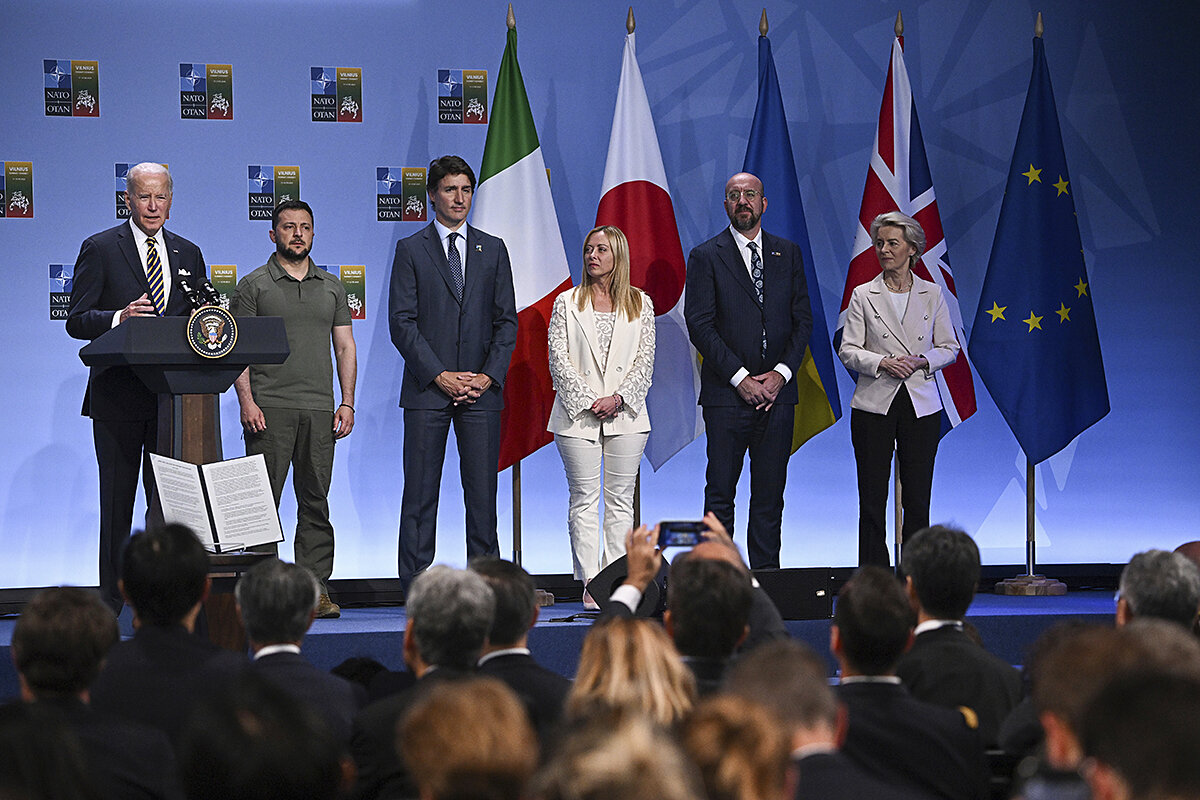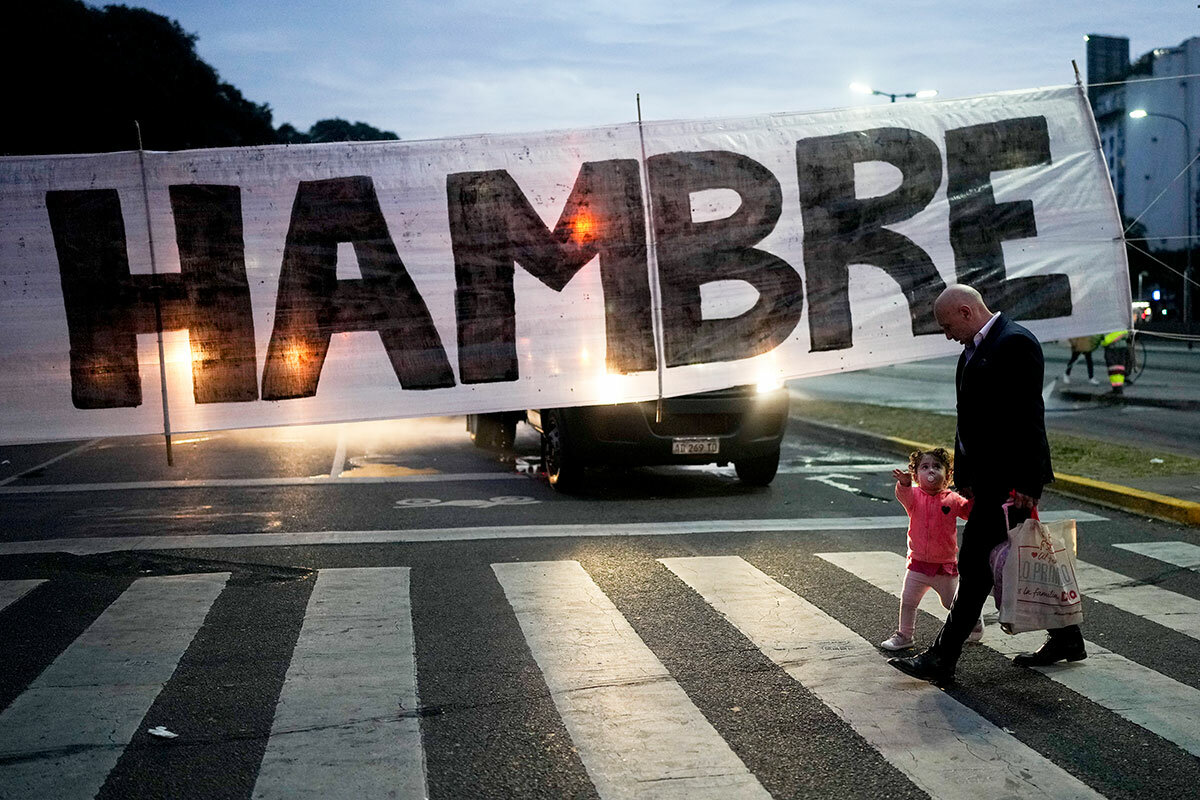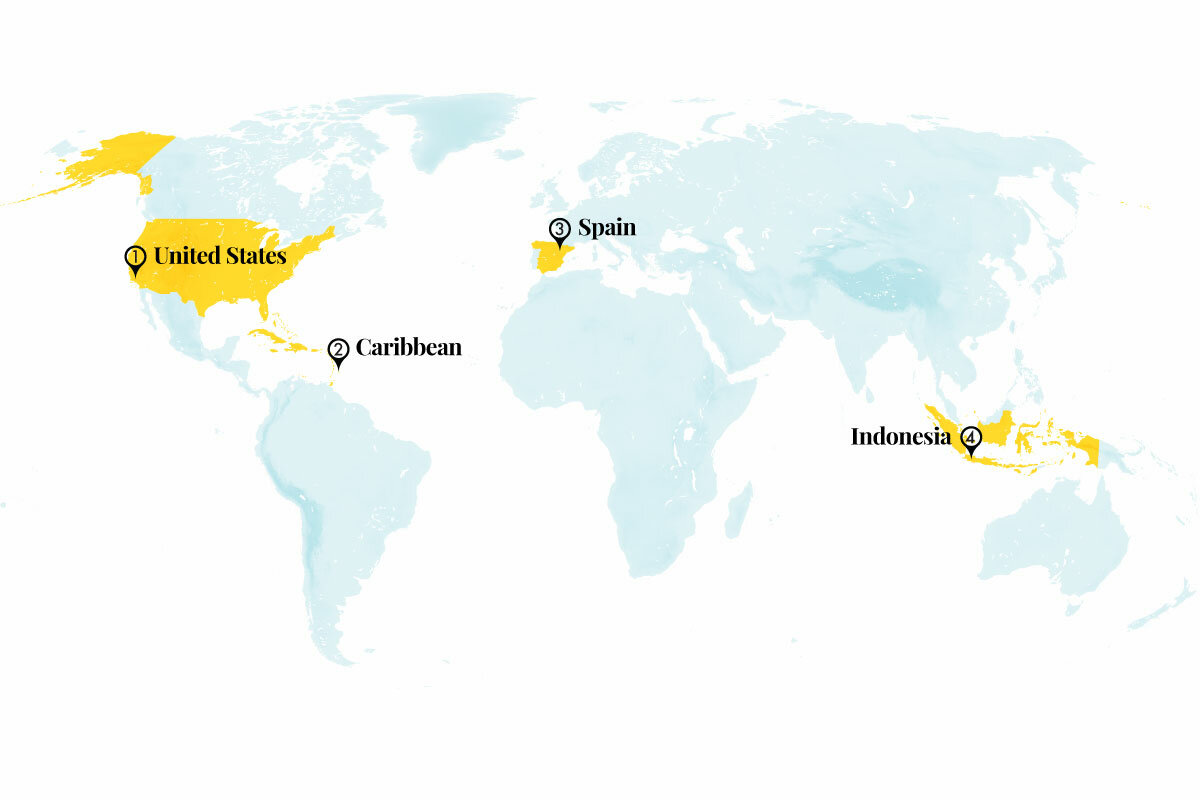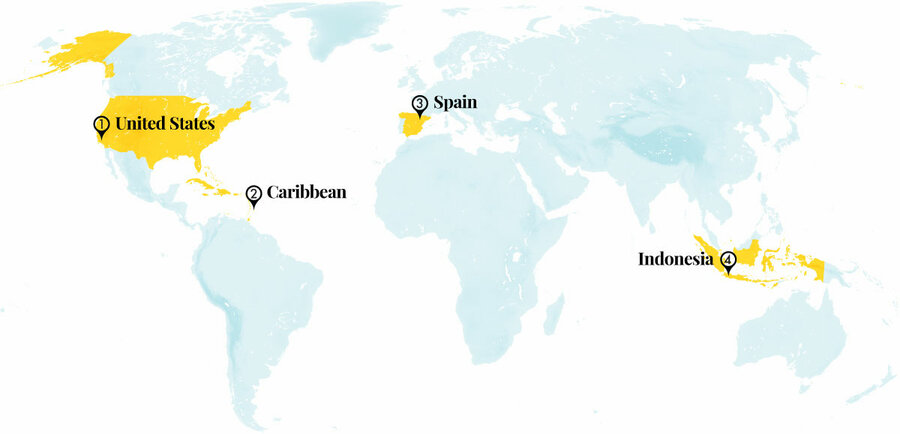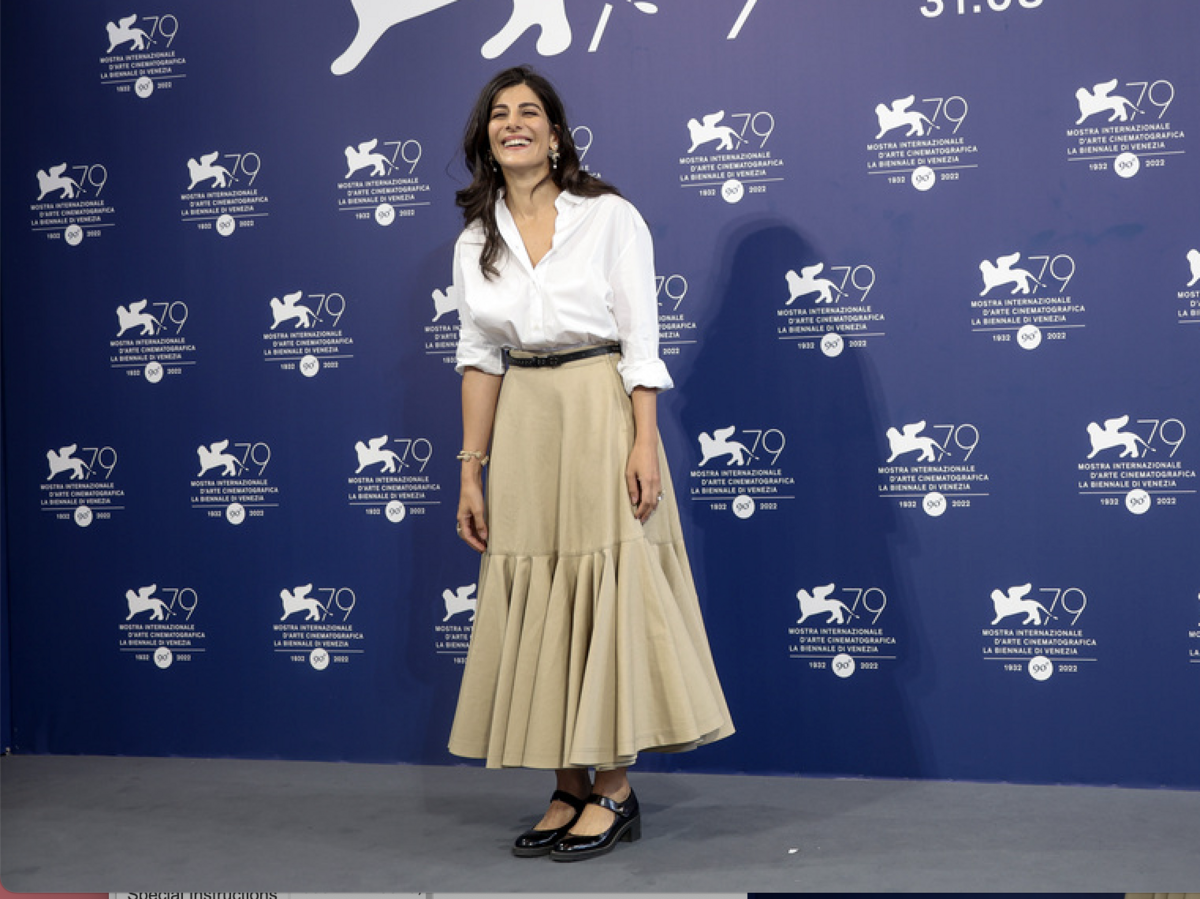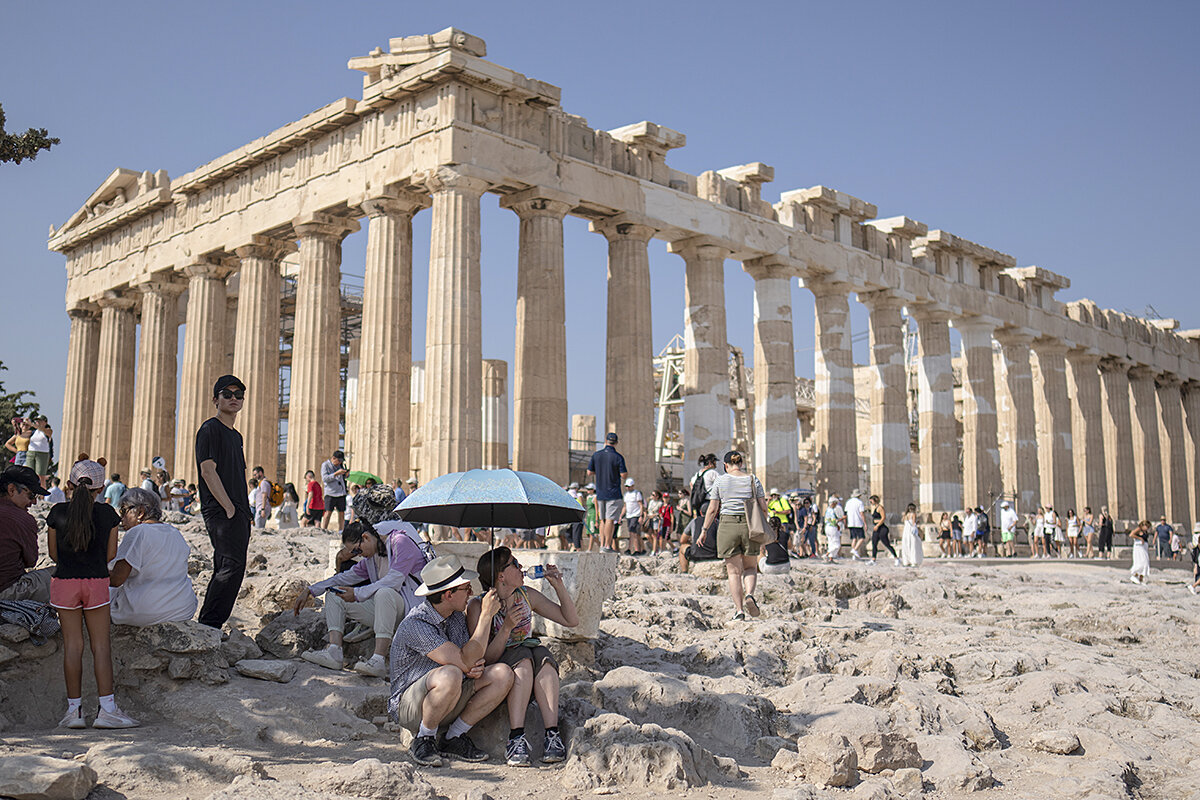The competing interests at this week’s NATO summit in Lithuania seemed to play out without diplomatic cover or subtlety. The biggest challenge is simply framed: How could the West support Ukraine without overcommitting?
Monitor Daily Podcast
- Follow us:
- Apple Podcasts
- Spotify
- RSS Feed
- Download
 Lindsey McGinnis
Lindsey McGinnis
The news shocked Amherst, Massachusetts, to its core. The university town had long been seen as a haven for LGBTQ+ families – liberal and open-minded. Then came the bombshell report.
Sources allege that three middle school guidance counselors routinely identified trans students by the wrong gender, failed to curb bullying by classmates, and on one occasion, led an anti-LGBTQ+ prayer before school. The counselors deny the claims. A Title IX investigation is underway, and several school officials have been put on leave.
But here’s a heartening piece of the story: The exposé was written by high schoolers.
The nearly 5,000-word report came from a team of Amherst Regional High School seniors under the guidance of their journalism teacher and the Student Press Law Center. It explored why the behavior continued for years despite complaints by staff and parents. One reporter, Lucia Lopez, told The Boston Globe that their story taught Amherst a valuable lesson: “We’re not perfect, and our system can fail, too.”
For me, this is a reminder of the power that young people can wield when they’re tuned in to their community.
Many studies paint a picture of increasingly depressed and disengaged American youth. But hopelessness can give way to curiosity and action. Closer to home, teenage volunteers at the Hyde Square Task Force – a group focused on uplifting Boston’s Latin Quarter – made a similar impact when they discovered that prices at a major regional grocery chain were 18% higher in a working-class, minority neighborhood than in a nearby suburb.
The teens have since been on the local media circuit, demanding answers. I hope they get them, and with those answers, an enduring belief that their voice matters.




